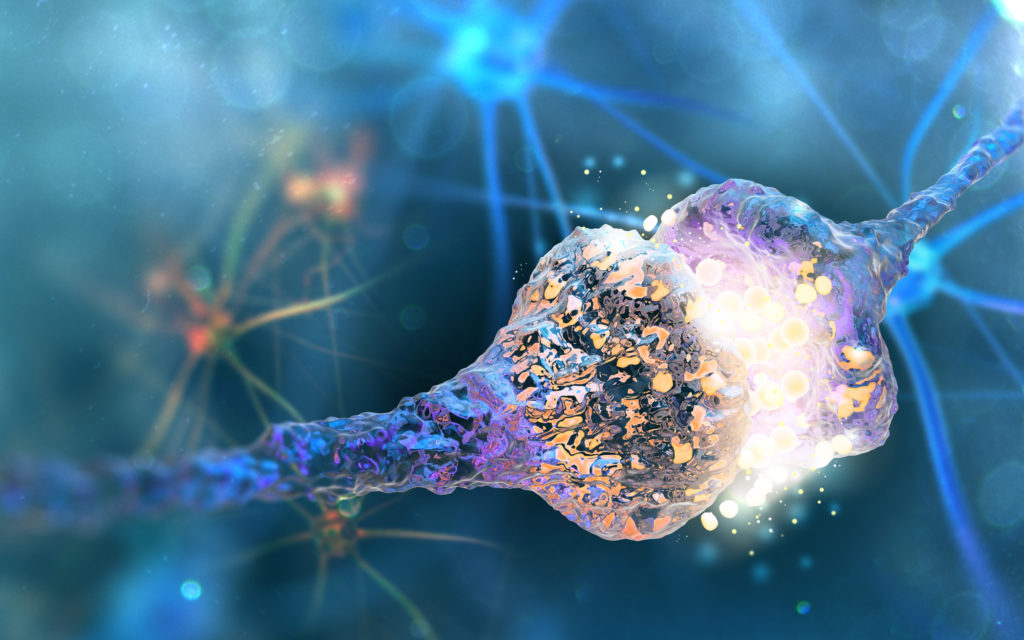- Existing Patients Book Here
- Book an IV or IV Push
- Book with Dr. Tara Campbell, ND
- Book with Dr. Keara Taylor, ND
- Book with Dr. Laura von Hagen, ND
- Book with Dr. Lindsey Walker, ND
- Book with Dr. Irina Chan, BSc, ND
- Book with Dr. Madeleine Miconi, ND
- Book with Thalia Loumbardas, RHN
- Book with Dr. Anastasia Tolfa, DC
- Book with Dr. Melissa Givelos, DC
- Nicole Argo-Ma, MN-NP
Neurotransmitter
Many people are familiar with the role of serotonin in depression, and the common prescription of SSRI’s (compounds used in antidepressants) to treat depression.
People don’t always know that there are approximately 12 other important neurotransmitters, neuro-hormones and cofactors involved in mood health.
This considerable variability in neurotransmitters explains, in part, why no two people should receive the same medical prescription, and why proper evaluation leads to effective and individualized treatment.
Often uncovering your brain’s neurotransmitter imbalances early helps pre-empt the need to take prescription medications. Advanced laboratory analysis can help determine which neurotransmitter, hormonal and nutrient co-factor imbalances may be influencing overall neurotransmitter balance and mood health.
Individuals require individual solutions.
Important Mood Based Neurotransmitters:
- Serotonin
- GABA
- Glycine
- Dopamine
- Epinephrine
- Norepinephrine
- Phenylalanine
- Tyrosine
- Taurine
- Histamine
- Acetylcholine
Symptoms that may indicate a Neurotransmitter Imbalance:
- Anxiety, restlessness, panic attacks
- Insomnia, sleep difficulties
- Headache/migraines
- Compulsive or addictive behaviour
- Fatigue, low energy
- Weight issues
- Low libido

Conditions Associated with Neurotransmitter Imbalance:
- Anxiety, Depression
- Panic disorder, OCD
- Menopause/Andropause
- Autism
- Asperger’s
- ADD/ADHD
Key points:
Treatment for mood-based concerns, such as pharmaceutical medications, dietary recommendations, exercise, and nutritional/botanical supplements, can alter nervous system function.
You can prevent serious mood-based health concerns before needing pharmacological intervention.
It is important to treat and understand the actual root cause of your symptoms. There are several neurotransmitters, not just serotonin.
Dig deeper – ask the right questions to determine the best form of treatment.
If you experience anxiety, depression, sleep disturbances, mood or memory concerns, or if you are concerned about ADHD for an adult or child, neurotransmitter/nutritional testing is of value. Your results shape your treatment plan and allow you to target actual imbalances naturally. In combination with supportive therapy, this approach is empowering to anyone with mood or cognitive concerns.
